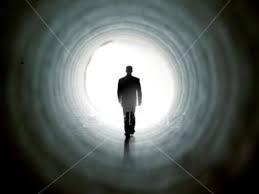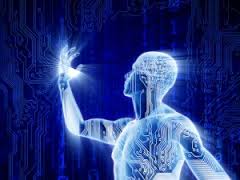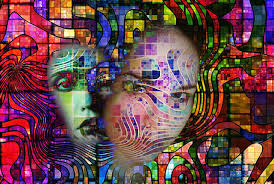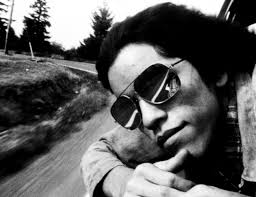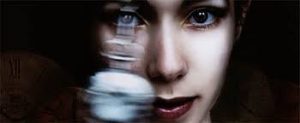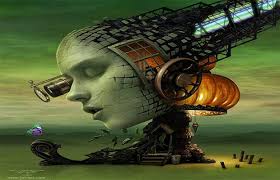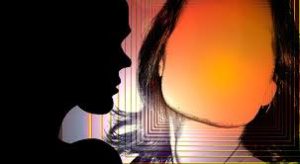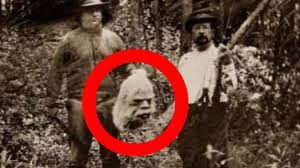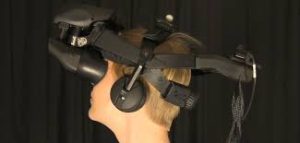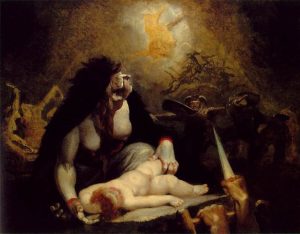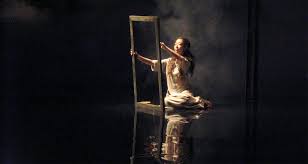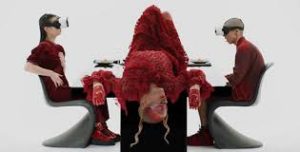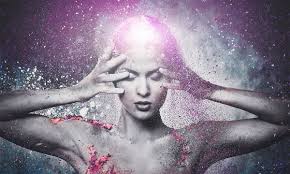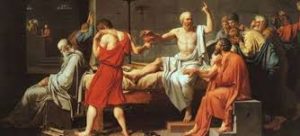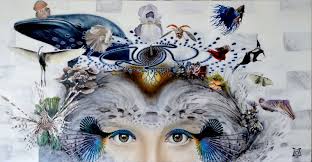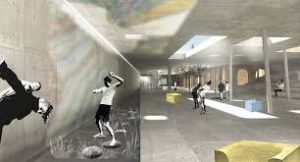It is as if we had trained ourselves to respond to red lights and to ignore green ones–or as if we read only every third or fourth line on a page of a book.
We attend to matters that seem to have practical value. whether or not we understand what space is, we move through it easily. We do not calculate how many steps it takes to cross a room, for instance. We do not need to understand the properties of space in scientific terms, in order to use it very well. We can see ourselves operate in space, however; to that extent it is known quality, apparent to the senses. Our practical locomotion is involved with it so we recognize it. Its mysterious or less-known properties scarcely concern us.
We move through probabilities in much the same way that we navigate in space. As we do not consciously bother with all of the calculations necessary in the process of walking down the street, so we also ignore the mechanisms that involve motion through probable realities. We manipulate through probabilities so smoothly, in fact, and with such finesse, that we seldom catch oneself in the act of changing our course from one probability to another.
Take a very simple action: You stand at a corner, wondering which direction to take. there are four streets involved. You briefly consider streets One and two, but rather quickly decide against them. You stand for a moment longer, gazing down Street Three, taking in the visual area. You are somewhat attracted, and imagine yourself taking that course. Your imagination places you there momentarily. Inner data is immediately aroused through conscious and unconscious association. Perhaps you are aware of a few memories that dimly come to mind. One house might remind you of one a relative lived in years ago. A three might be reminiscent of one that grew by your family home. But in that instant, inner computations occur as you consider making a fairly simple decision, and the immediate area is checked against all portions of your knowledge.
You then look at Street Four. The same process happens again, this area also takes your attention. At the same time you almost equally hold in you mind the image of Street Three, for you can see them both at once from this intersection.
Let us say that you are almost equally attracted to both courses. You teeter between probabilities, having the full power to choose one street or the other as physical experience. If you had to stand there and write down all the thoughts and associations connected with each course of action before you made your decision, you might never cross the intersection to begin with. You might be hit by an automobile as you stood there, lost in your musings.
In the same way, it would take you some time to even walk from a table to a chair if you had to be consciously aware of all of the nerves and muscles that must first be activated. But while you stand almost equally attracted by streets Three and Four, then you send out mental and psychic energy in those directions.
Past association merge with present reality and form a pattern. Mentally, a part of you actually starts out upon each street–a projected mental image. As you stand there, then, in this case two such projected images go out onto streets Three and Four. To some extent these images experience “what will happen” if you yourself take one direction or the other. That information is returned to you instantaneously, and you make your decision accordingly. Say you choose Street Four. Physically you begin to walk in the direction. Street Four becomes your physical reality. You accept that experiences in your prime sequence of events. You have, however, already sent out an energized mental image of your self into Street Three, and you cannot withdraw that energy.
The portion of your that was attracted to that route continues to travel it. At the point of decision this alternate self made a different conclusion: that it experience Street Three; as physical reality. The self as you think of it is literally reborn in each instant, following an infinite number of events from the one official series of events that you recognize at any given “time.”
There is something highly important here concerning our technological civilization: As our world becomes more complicated, in those terms, we increase the number of probable actions practically available. The number of decisions multiples. You can physically move from one place on the planet to another with relative ease. Centuries ago, ordinary people did not have the opportunity to travel from one country to another with such rapidity. As space becomes “smaller,” our probabilities grow with in complexity. Our consciousness handles far more space data now.(In terms of time.) Watching TV, we are aware of events that occur on the other side of the earth, so our consciousness necessarily becomes less parochial. As this has happened the whole matter of probabilities has begun to assume a more practical cast. Civilizations are locked one into the other. Politicians try to predict what other governments will do. Ordinary people try to predict what their governments might do.
More and more, we are beginning to deal with probabilities as we try to ascertain which of a number of probable events might physically occur. When the question of probabilities is a practical one, then scientists will give it more consideration.
The entire subject is very important, however. As far as a true psychology is concerned, individuals who are made aware of the existence of probable realities will no longer feel trapped by events. Our consciousness is at a point where it is beginning to understand the significance of “predictive action”–and predictive action always involves probabilities.
I certain terms, we are the recognized “result” of all of the decisions we have made up to this point in our life. That is the official “I”. We are in no way diminished because other quite-as-official selves are “offshoots” of our own experience, making the choices we did not make, and choosing, then, alternate versions of reality.
We follow the prime series of events that you recognize as our own, yet all of us are concerned. These are not just esoteric statements, but valid clues about the nature of our own behavior, meant to give us a sense of our own freedom, and to emphasize the importance of our choice.



